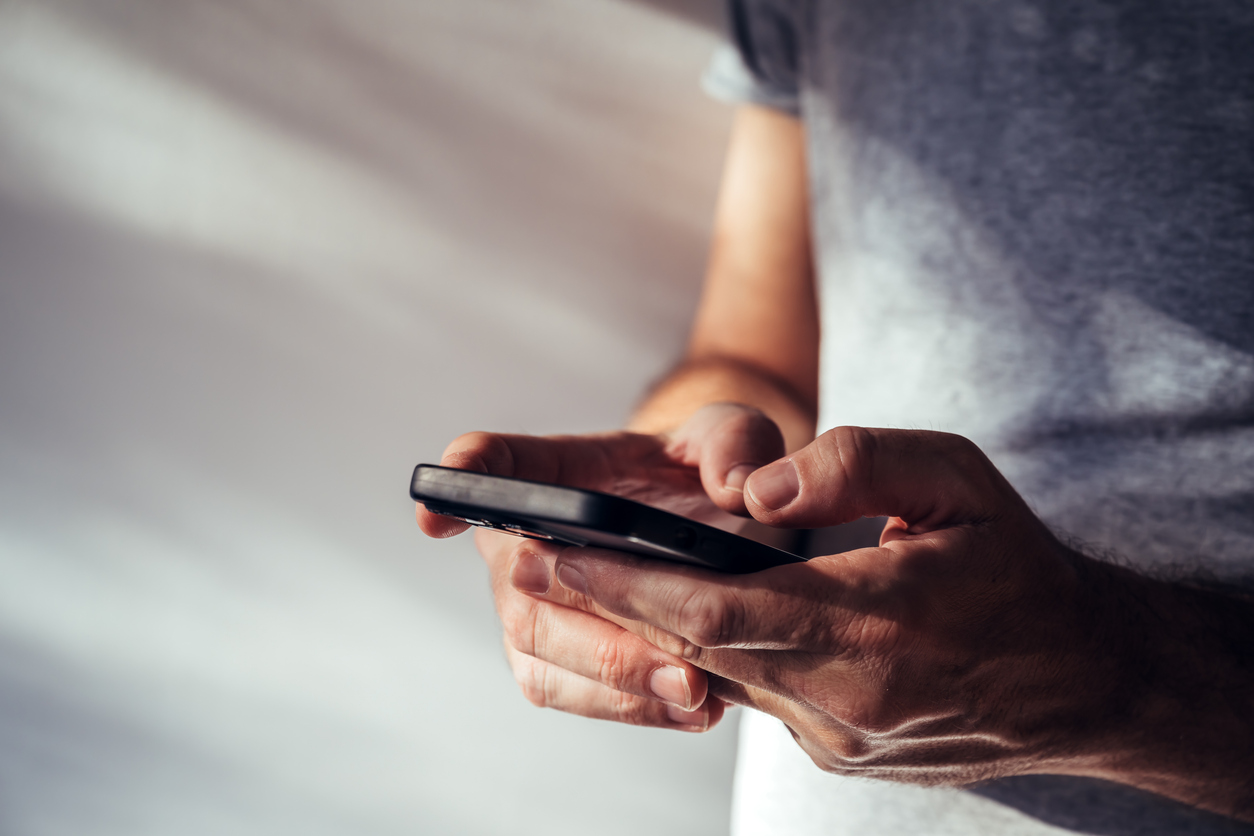Social media has become a staple in our everyday lives. Even if you’re not regularly updating your Facebook status or posting pictures on Instagram, you may still watch videos on YouTube or check for job opportunities on LinkedIn. But social media may be impacting your mental health in ways you might not even realize.
More than 90% of internet users, and nearly 60% of the world’s population, use social media. While it can be beneficial for many things, such as keeping up with current events and staying in touch with longtime friends, it can also affect your mental well-being.
4 possible negative mental health effects of social media
Adolescents often struggle to stay away from social media for more than a few hours at a time. However, research shows that teens who use social media develop symptoms of anxiety and/or depression at higher rates than those who don’t. A similar connection can also be made for adults who use social media.
It may not seem like scrolling through things like photos posted by your college roommate or watching a video about celebrity gossip can cause mental health challenges. But we’re here to provide some perspective on social media and how it can impact your mental well-being, no matter what your age is.
Here are four of the possible negative mental health effects of using social media:
Low self-esteem
How you feel about yourself, and how strong your identity is, play an important role in your mental health. But social media tends to have a negative impact on your sense of self, especially your self-esteem.
One habit that we’re all occasionally guilty of is comparing ourselves to others. Whenever you see someone post on social media with the body type you want, take the vacation you may not be able to afford, or reach a life milestone that you’re far from achieving (marriage, promotion, etc.), it can hurt your self-esteem.
Not only will comparing yourself to others on social media make you feel negatively about yourself, but you’re also setting unrealistic expectations that may not be based on the whole picture of a person’s life. For example, they may be using edited photos. Oftentimes, they’re secretly struggling with their own challenges.
Disrupts real-life connections
If you’re addicted to anything, including social media, it means that you’re using it excessively to the point where it impacts your everyday life, and that includes your relationships.
Not only does being on your phone lessen the quality of your time spent with others, but it can also lead to you withdrawing or isolating yourself from others to be on social media. When social media impacts your connections, it can lead to strained relationships with people who otherwise benefit your mental health.
For example, making memories with loved ones can boost the positive hormones in your brain, bringing you feelings of joy and contentment. But if social media is impacting your ability to engage with those memories, or it’s caused you to isolate yourself from those loved ones, it can bring negative feelings, such as overwhelming sadness.
Negativity from others
When people are behind a screen, they can feel invincible and like they won’t have consequences for their actions. Some people, unfortunately, use social media as a way to be negative toward others. This can mean anything from leaving a rude comment on your Instagram photo to messaging you an insult.
Negativity from others online can lead to feelings of anxiety and depression that impact your self-esteem. This may also take the form of cyberbullying, which refers to repeated actions online that are intended to hurt another person. Examples of cyberbullying include:
- Making unkind or malicious posts about someone
- Sending threats
- Sharing embarrassing photos
Reduced productivity
How well you complete your daily tasks can impact your mental health, and social media can impact that. For example, if you find yourself scrolling on social media for hours, you may not have the time to clean your kitchen or run necessary errands. When you’re unproductive, you may feel guilty or frustrated with yourself. You may be causing yourself additional stress later on, resulting in anxiety or depression.
The addictive qualities of social media can have you waste hours that may be spent doing things you need or want to do. Not only can it impact your responsibilities, such as work or household chores, but it can also reduce your motivation to focus on your hobbies and passion projects.
Ways to reduce social media’s negative impact on your mental health.
It can seem like social media has a stranglehold on your life, or the life of adolescents in your home. But there are ways that you can reduce and manage the negative effects of social media on your mental health, including:
- Putting time restrictions on using social media apps
- Creating “phone-free” times, such as during dinner or before bed
- Blocking negative content
If social media is continuing to hurt your mental well-being, or your teenager’s, then talking to a therapist may offer helpful support. But for further support, Guidelight Health offers an Intensive Outpatient Program (IOP) and Partial Hospitalization Program (PHP) to tackle mental health challenges from social media and work toward the best version of yourself.
Everyone has a seat at Guidelight. Find yours by contacting our team today for more information or to schedule an initial evaluation.


